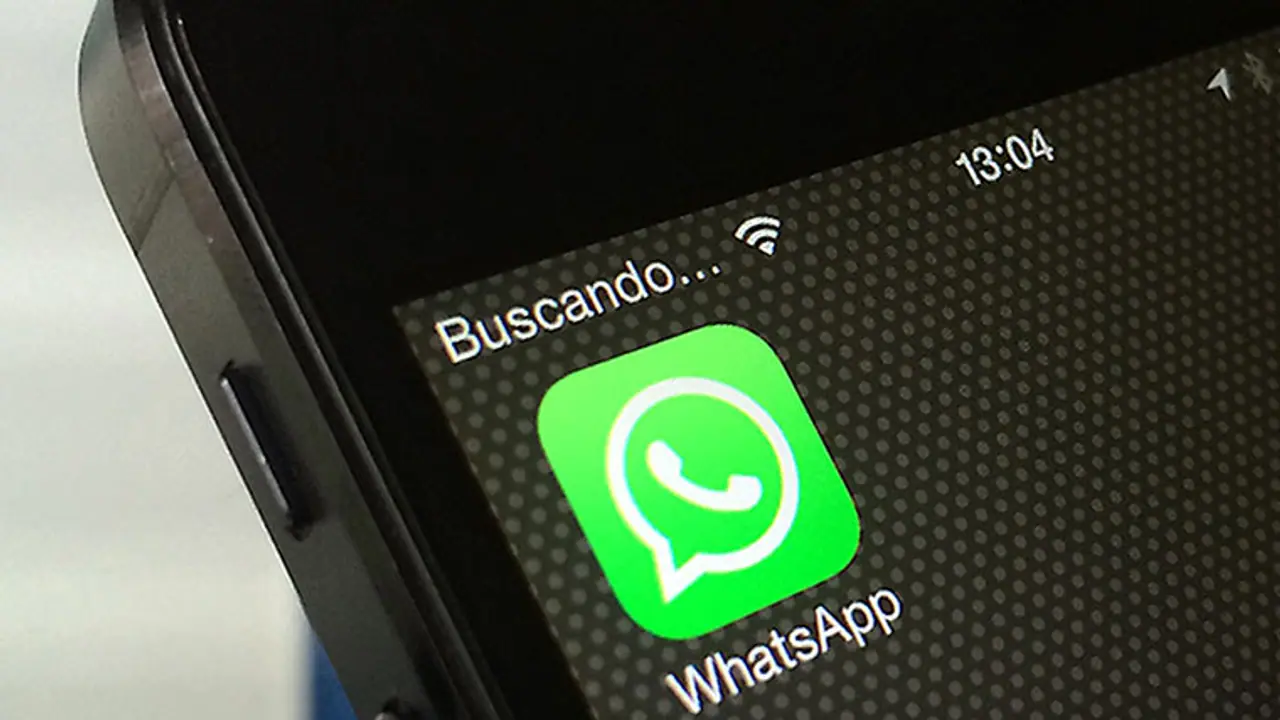Westminster terror attack has sparked the encryption debate, yet again. The attacker Khalid Masood is said to have sent a WhatsApp message just moments before he started the assault. Rudd has asked that the police and intelligence agencies be given access to WhatsApp and other encrypted messaging services.
The attacker Khalid Masood is said to have sent a WhatsApp message just moments before he started the assault. And now, Home Secretary Amber Rudd has criticised WhatsApp for using encryption to protect its users. Rudd has asked that the police and intelligence agencies be given access to WhatsApp and other encrypted messaging services which could help thwart such attacks in the future.

Rudd reportedly added it gives a place for terrorists to hide. Now, it is also known that Masood is on the radar of the intelligence community for links to extremism in 2010.
The war of words over encryption has been around for some time now. We've seen the Apple battle it out with the FBI over encrypted iPhone post the San Bernardino attacks. Those not in the know, Apple and the FBI had locked horns over the latter asking Tim Cook to build a backdoor that could give the officials an access to the device/data. The bitter battle ended only when FBI still managed to break into the device and get the required data.
In 2015, we saw a similar battle in India when the union government released a draft National Encryption Policy document online seeking methods of data encryption of data and communications used by the government, businesses, and just about everyone else.
Encryption means the data is converted into a form of cipher text that ensures there is no unauthorised access. It was be seen only by the sender and the recipient. It had asked companies to keep the passwords in plain text, in other words keep the data unencrypted for 90 days. This means, attackers would get good 90 days to access the vulnerable data.
The draft received massive backlash from netizens, leaving the govt with no scope but withdrawing the data encryption policy.
It is often touted as a way of indirectly supporting terrorism, or at least, the governments across the global make you feel so. However, looking at the larger, simply creating a backdoor access or taking off encryption isn’t the way to tackle terrorism and would give rise to other security and privacy issues. However, there looks like a growing support from govts across the world over creating inroads for govt agencies.
